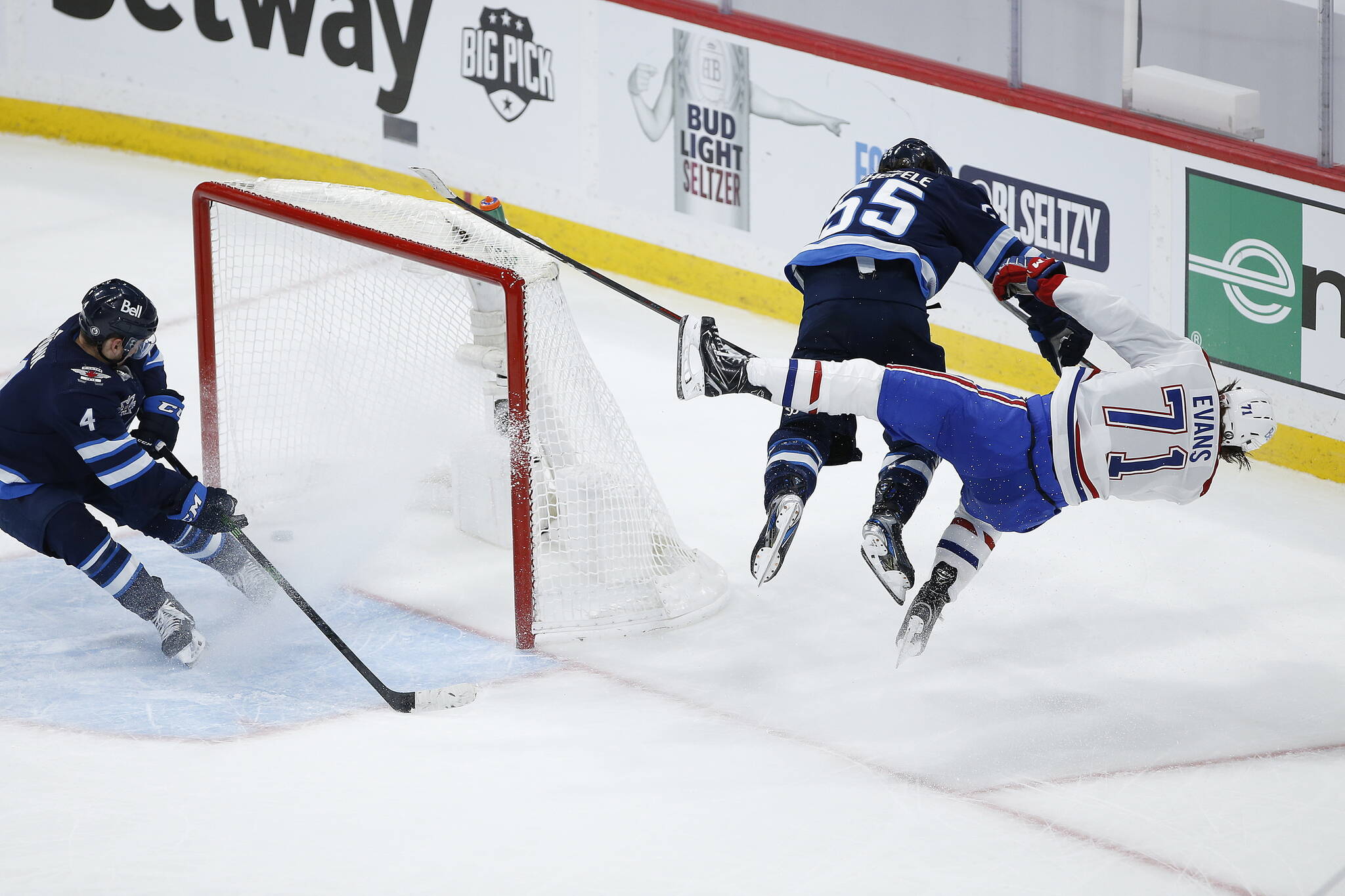A great number of Canadians and hockey fans want to see more changes to make the professional game safer, a new survey by Research Co. has found.
Based on an online survey conducted by Research Co. and released Friday (Jan. 14), 80 per cent of Canadians and 89 percent of “hockey fans” want to see hits to the head taken out of professional hockey.
Of the 1,000 Canadians polled, just over 50 per cent described player safety in the National Hockey League as “good” to “very good”. That number increased to just over 75 per cent among hockey fans.
Despite that, 66 per cent of Canadians and 74 per cent of hockey fans would like to see hits to the head banned from professional hockey all together.
Regionally, British Columbia led the way with 83 per cent being in favour, followed by:
Ontario – 81 per cent
Quebec – 81 per cent
Atlantic Canada – 80 per cent
Saskatchewan – 75 per cent
Manitoba – 75 per cent
Alberta – 68 per cent
Less Canadians were on board with banning fighting amongst Canadians and hockey fans, however, at 43 per cent and 28 per cent respectively.
Due to recent violence in the game, one-in-five (20 per cent) of Canadian parents discourage their kids from playing the sport. Over the last five years, 27 per cent of Canadians believe professional hockey has become more violent.
The poll results come as the prevalence in traumatic head injuries in sports is seemingly on the rise, specifically the very serious disease called CTE.
Studies have shown that professional athletes have struggled with brain injuries after their career is over, leading some to die by suicide. This has sparked advocates to call for better head protection and protocols for athletes.
@cunninghamjordy
jordy.cunningham@kelownacapnews.ca
Like us on Facebook and follow us on Twitter.

